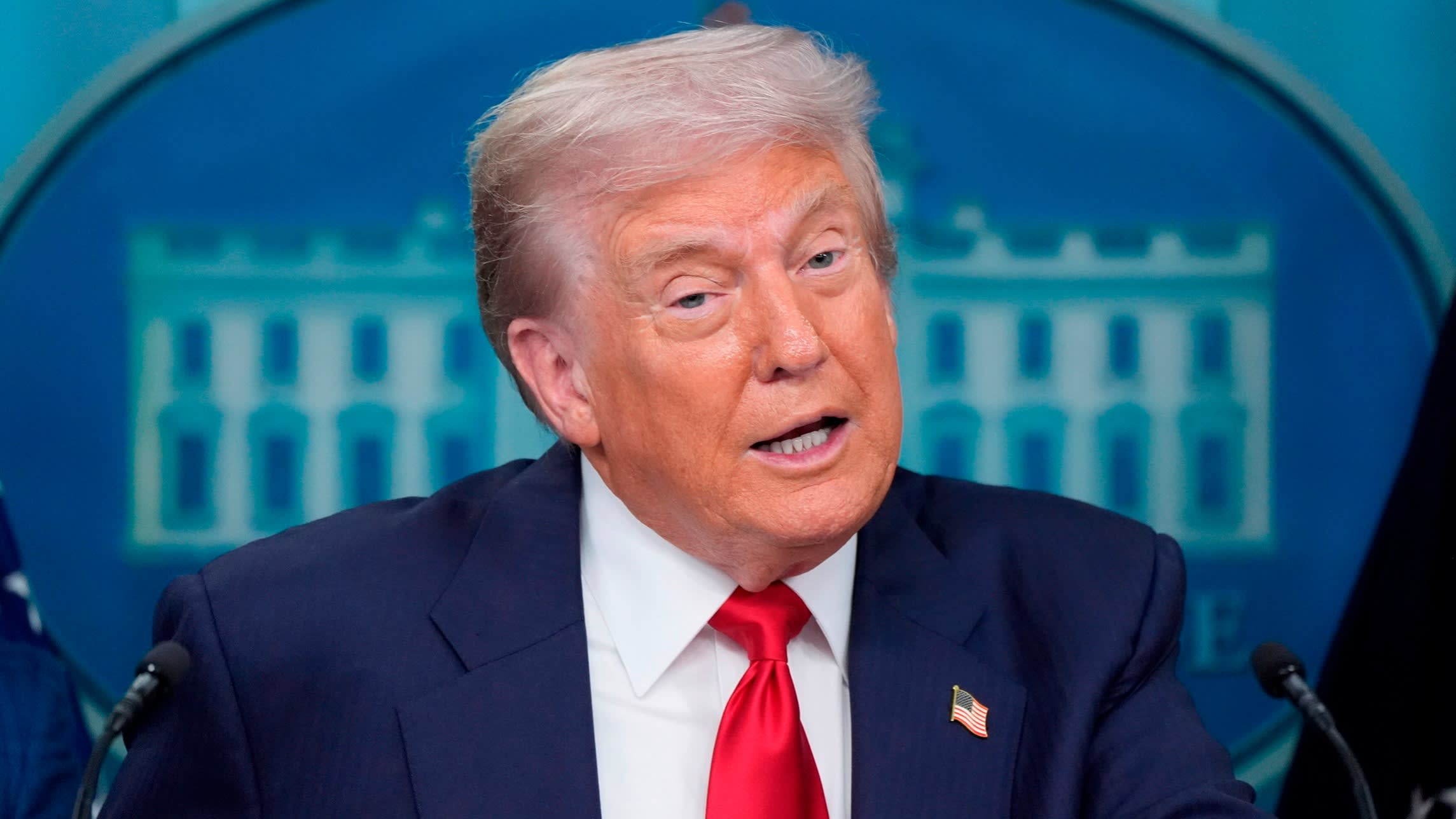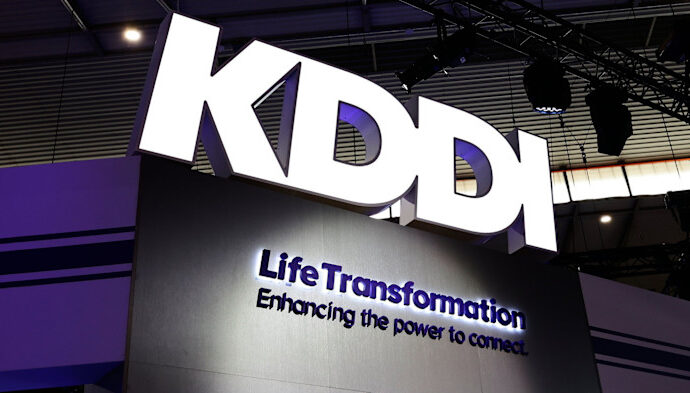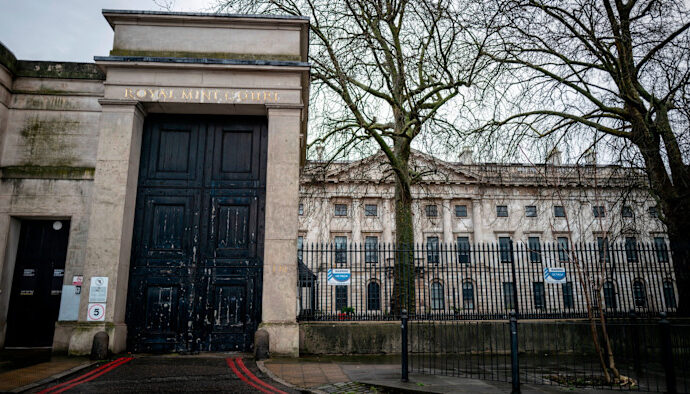
Unlock the White House Watch newsletter for free
Your guide to what Trump’s second term means for Washington, business and the world
Donald Trump said he was considering allowing Nvidia to sell a more advanced chip in China after confirming that he “negotiated a little deal” giving Washington a 15 per cent fee from the chipmaker’s artificial intelligence processor sales to the country.
The deal Trump struck with Nvidia’s chief executive Jensen Huang, revealed by the FT on Sunday, covered sales of its H20 chip, which it introduced in 2023 to comply with Biden-era controls on AI chips.
The performance of the H20 chips sold to China is restricted compared with those available to US customers.
The H20 is based on Nvidia’s older Hopper architecture but Trump on Monday said that he planned to discuss a new deal with Huang to allow it to sell chips to China based on its latest Blackwell platform.
The president said these chips would be “enhanced in a negative way”, comparing the potential sales to the way the US sells downgraded versions of its most advanced fighter jets.
“It’s possible I’d make a deal,” the president said during a press conference. He described the H20 as “an old chip that China already has”.
“On the Blackwell, I think he [Huang] is coming to see me again about that,” he added.
The Trump administration’s unprecedented deal with Nvidia and rival AMD to pay a share of their Chinese revenues to the US government has triggered shockwaves from Washington to Beijing as the president continues to upend long-standing corporate norms.
There is currently no version of Nvidia’s Blackwell chip legally available in China under US export controls. Nvidia declined to comment on Trump’s remarks about Blackwell.
Trump’s remarks come as US and Chinese officials continue trade negotiations that the president hopes will lead to a summit with his Chinese counterpart Xi Jinping.
The Financial Times reported last month that the US commerce department has been told to freeze new export controls on China to avoid jeopardising the chances of his summit with Xi.
The chipmakers have agreed to give the US government 15 per cent of the revenues they make from chip sales to China in exchange for export licenses.
The highly unusual arrangement that has prompted surprise among experts and outrage among political opponents.
“The arrangement is shocking,” Michael Sobolik, senior fellow at the Hudson Institute and a specialist in US-China relations. “Not only because of the national security implications, but because this just hasn’t happened before. Pay-offs aren’t supposed to be a precondition for foreign commerce.”
Trump’s political opponents blasted the move for undermining US security, with senior Democrats slamming it as a “dangerous misuse of export controls”.
“This arrangement raises critical questions the administration must answer immediately, including what legal authority it has for extracting revenue-sharing as a condition for export licenses,” said Raja Krishnamoorthi, the top Democrat on the House China committee.
Legal experts cautioned that the arrangement was likely to end up before a court.
Aaron Bartnick, a former White House national security and technology official, described the deal as “wild”, adding that it was unclear if the agreement was legal given that the constitution’s export clause bans taxes or duties on exports.
“This is essentially just a kickback to the federal government for allowing Nvidia and AMD to undermine US national security,” said Bartnick, now at Columbia University’s Center on Global Energy Policy.
Nvidia and AMD did not respond to questions about whether they had conducted internal analysis to determine whether the arrangement posed any legal problems.
Nvidia’s H100 and its Hopper family of chips became Silicon Valley’s most sought-after commodity after the breakout success of OpenAI’s ChatGPT in 2022, becoming the default option for Big Tech companies and start-ups to train new AI models.
Chips based on its successor, Blackwell, started shipping late last year but were deemed too powerful to sell in China.
The Trump administration introduced new licence requirements in April that in effect ended H20 sales in China — until last week.
In the meantime, Nvidia started to explore another customised chip for China, this time based on its Blackwell design, that would be compliant with the latest restrictions by stripping certain features such as high bandwidth memory, or HBM.


